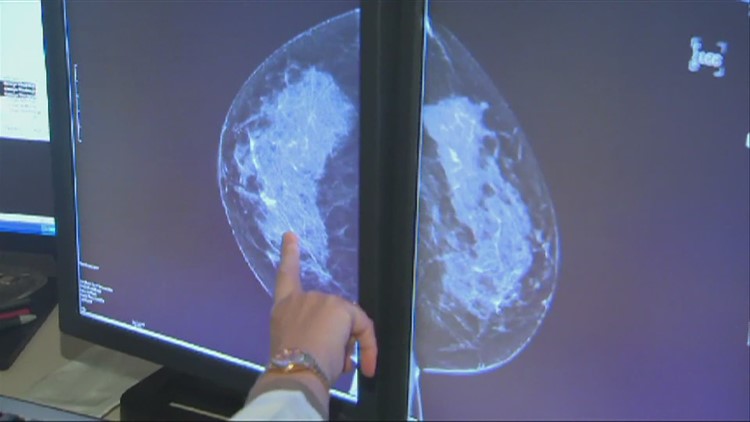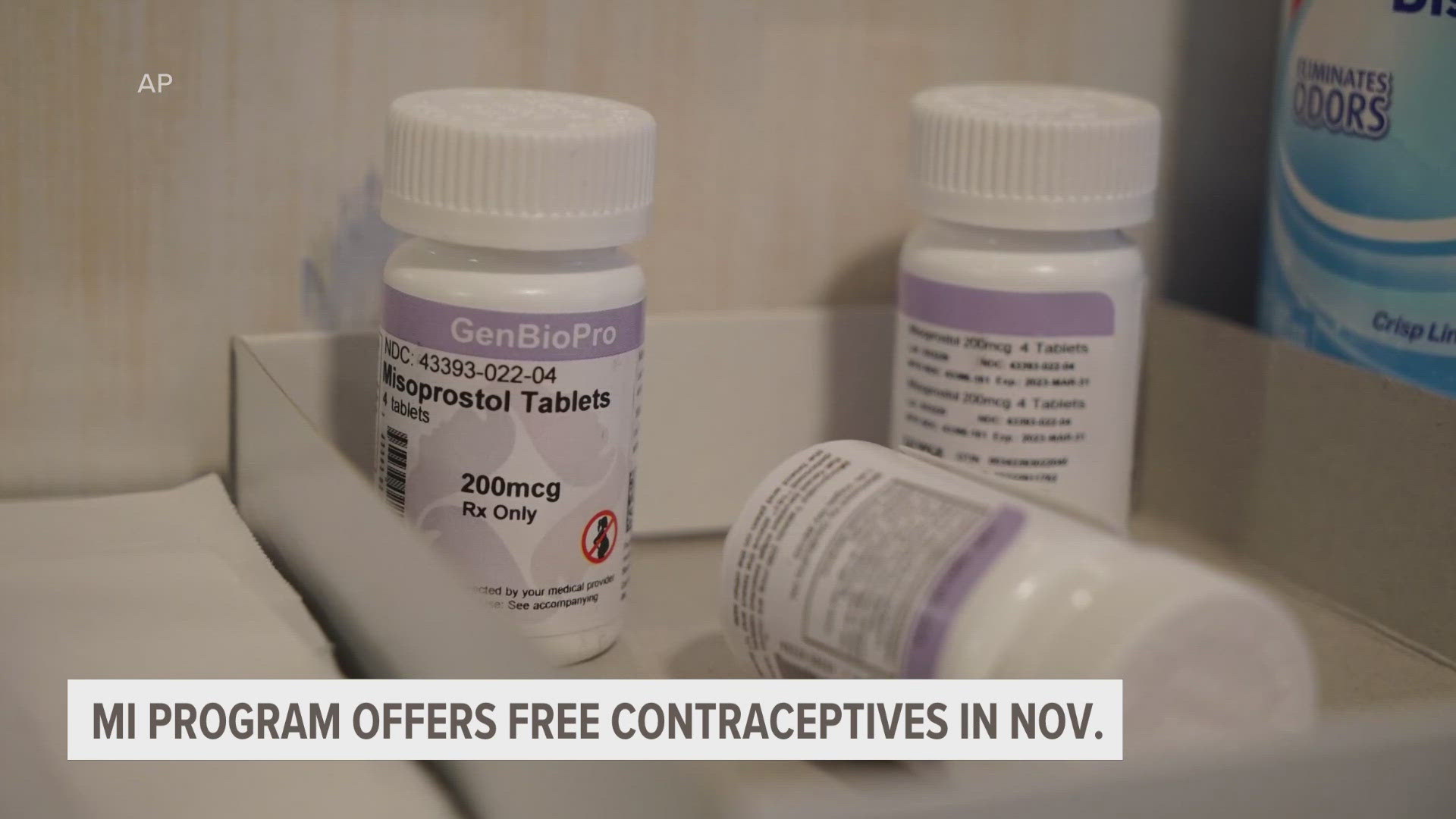GRAND RAPIDS, Mich. — Current breast cancer detection guidelines say women of average risk should be getting a mammogram yearly starting at age 40. For those at a higher risk, it is recommended to start at age 30.
However, there are some common myths about mammograms. Lori Joy Gallardo, a breast radiologist with Corewell Health, sets the record straight.
Myth 1: I had a normal mammogram last year, so I don't need another one.
This doesn't guarantee future mammograms will be normal.
A yearly mammogram increases early detection, meaning earlier and easier treatment, improving chance of survival.
"One in eight women in the U.S. actually get diagnosed with breast cancer during her lifetime," said Gallardo. "So, that's about 13% of women. In order to lower those deaths, we need to find it early."
Myth 2: I don't have a family history of breast cancer, so I don't need an annual mammogram.
"Of all the women who have breast cancer, only one in four of those women have a family history of breast cancer, " said Gallardo.
She suggests talking to your doctor by the age of 25 if you do have any family history or other risk concerns, and make a breast screening plan. She said Black women, Ashkenazi Jewish women and other minority women are more likely to have changes int heir genes that could be associated with breast cancer. This would be another risk factor.
Myth 3: Mammograms are painful.
"Yes, the mammograms, you do feel compression, and it's transient," said Galardo. "So, it doesn't last very long. But the reason that we need those pictures to be tight is because we want to get the best pictures possible."
She explains the tighter the compression, the less blurry the photo, and the better chance at detecting breast cancer.
Myth 4: Mammograms will expose me to unsafe radiation levels.
True, there is radiation you can get from a mammogram, but also a small amount you get daily in the atmosphere, soil and more.
"The amount of radiation that you're exposed to is basically similar to just living everyday life for two months," said Gallardo. "So, the benefits of finding a breast cancer far outweighs the risks of being exposed to radiation."
She explained getting a mammogram cannot lead to thyroid issues or thyroid cancer.
Myth 5: I'm pregnant or breastfeeding, I don't need a mammogram.
There is no risk to you or the fetus to get a mammogram while pregnant. In fact, some aspects of pregnancy can make undetected cancer cells grow faster.
"When you're pregnant, you're actually having a surge of hormones," said Gallardo. "Sometimes breast cancers can be receptive to those hormones, and they'll actually grow faster."
While breastfeeding, she suggests feeding your child or pumping right before the test.



